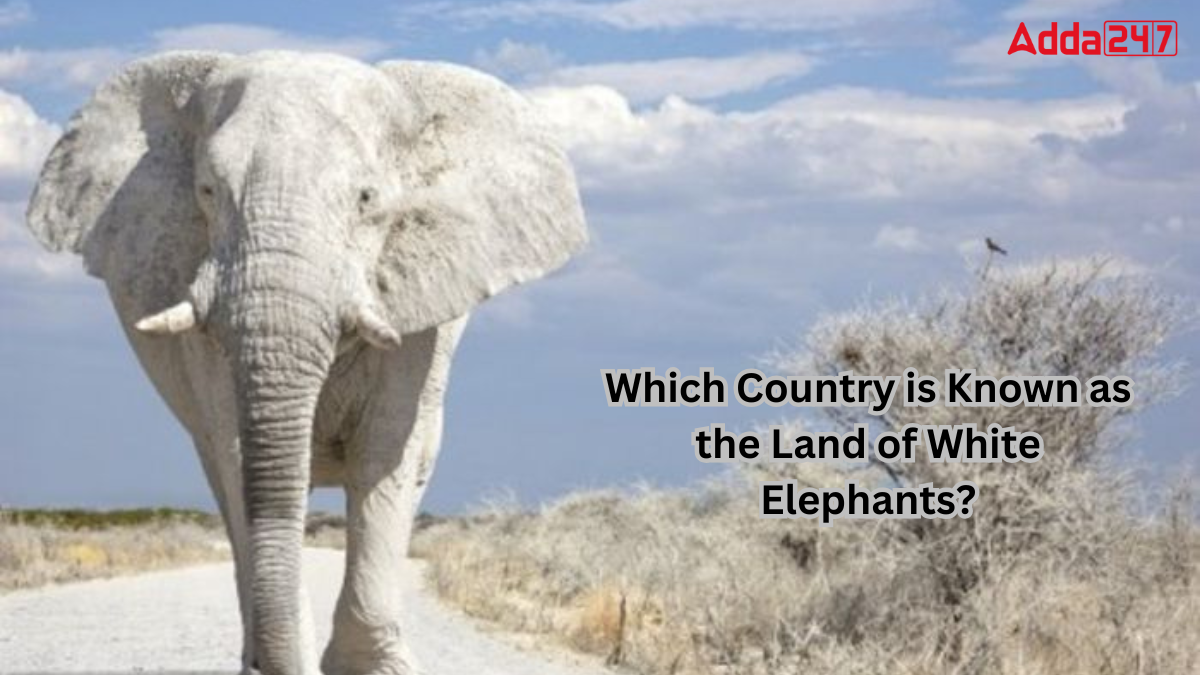Countries around the world often have unique nicknames that reflect their culture, history, or natural features. These nicknames are used to highlight special characteristics or symbols that are closely associated with the country, making them easily recognizable. From “Land of the Rising Sun” for Japan to “Land Down Under” for Australia, these names tell a story about the country’s identity. In this article, we will know about the land of white elephants.
Which Country is known as the Land of White Elephants?
Thailand is known as the “Land of White Elephants” because of its many white elephants and their importance in Thai culture. These elephants hold great significance and are seen as symbols of power, prosperity, and royal authority.
Why is Thailand Known as the Land of White Elephants?
Thailand is known as the “Land of White Elephants” because white elephants are sacred in Thai culture. They symbolize power, prosperity, and royal authority. The Thai monarchy has a deep connection with these elephants, and their discovery was seen as a divine blessing for the king. White elephants are also the national symbol of Thailand.
The Cultural Significance of White Elephants in Thailand
In Thailand, white elephants are seen as a symbol of the king’s power and the nation’s wealth. The Thai royal family has historically kept white elephants, and these animals are seen as a gift that represents the strength and capability of the country’s ruler. The royal family still maintains a stable of at least 10 royal white elephants.
The Symbol of a White Elephant
The white elephant is not just a symbol of wealth and power; it also plays an important role in the Thai government and its projects. In fact, the phrase “white elephant” is often used in Thailand to describe extravagant projects that are completed but do not serve any practical purpose. These projects are usually poorly planned and end up costing the public a lot of money, yet remain unused.
The Origin of the term White Elephant
The term “white elephant” has been used since the 17th century in the English language. It refers to a rare, sacred animal of Southeast Asia, which was highly valued for its symbolic meaning, but not for its practical uses such as its meat. This is why the term came to describe projects or things that are costly but offer little to no practical benefit.
The White Elephant in the National Emblem
Thailand’s national emblem also features a white elephant, further emphasizing its importance in Thai identity. This symbol represents the nation’s connection to the royal family and the ancient beliefs about the power and fortune associated with white elephants.




 Which Country is known as the Plastic Pr...
Which Country is known as the Plastic Pr...
 Which Lake is known as the Jewel of Udai...
Which Lake is known as the Jewel of Udai...
 Which is the Largest Banana Producing St...
Which is the Largest Banana Producing St...








